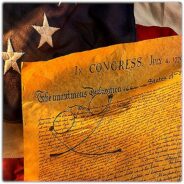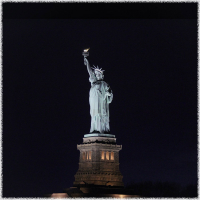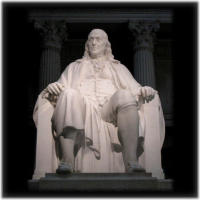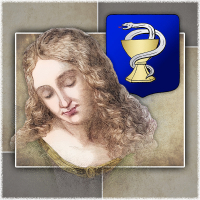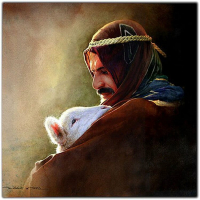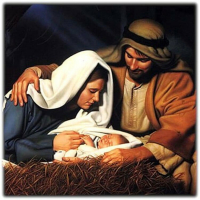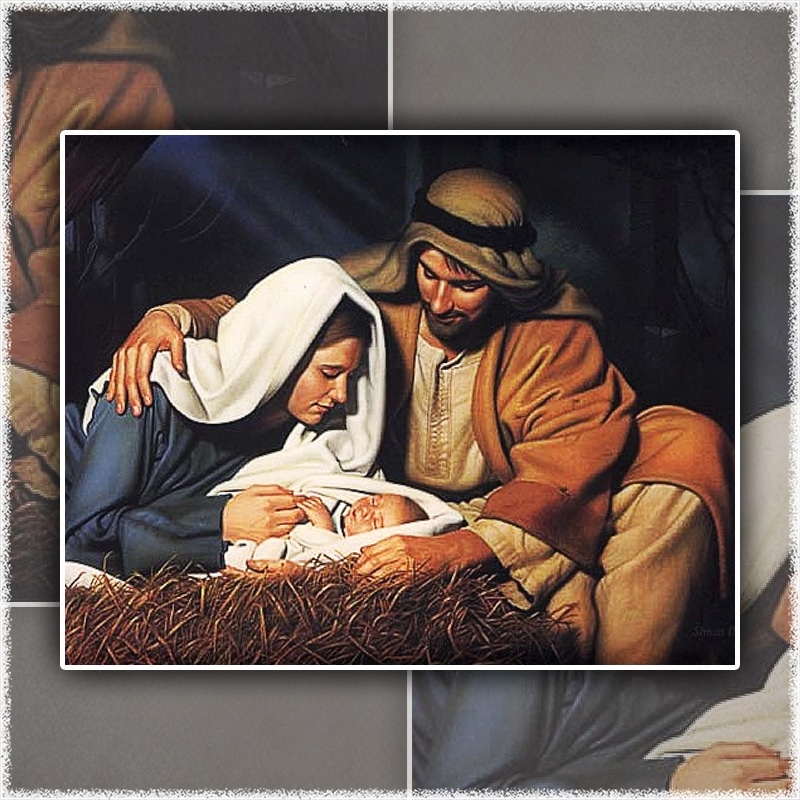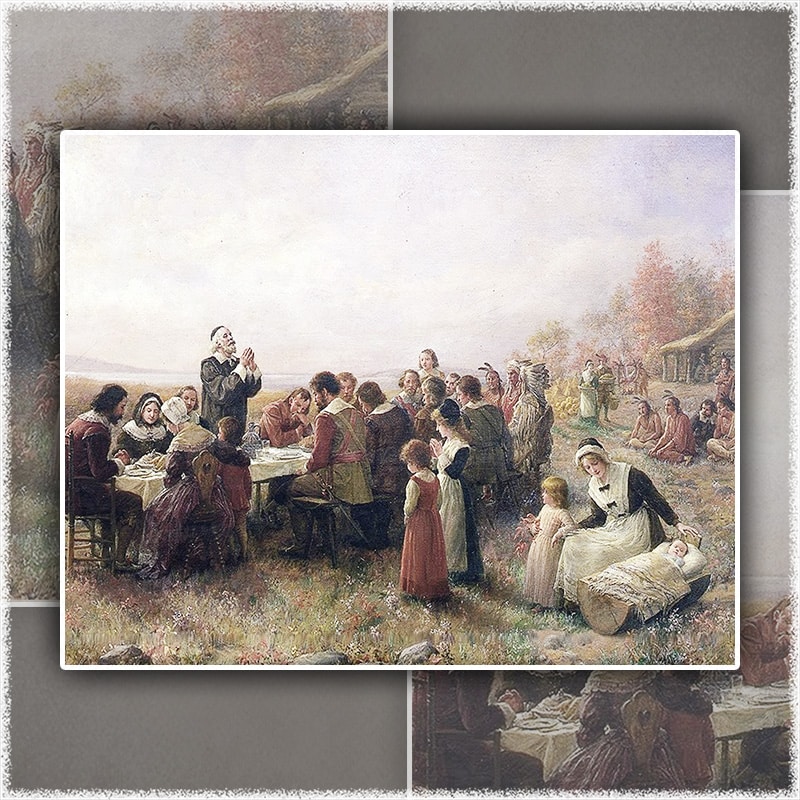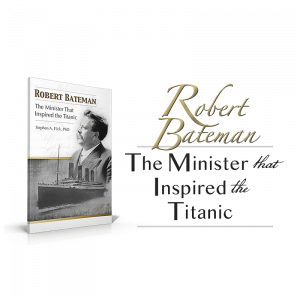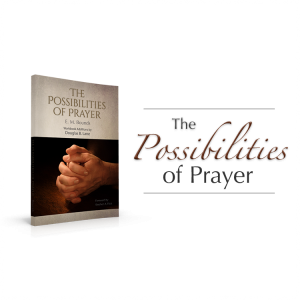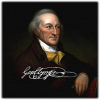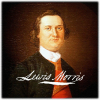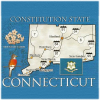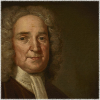Independence Day
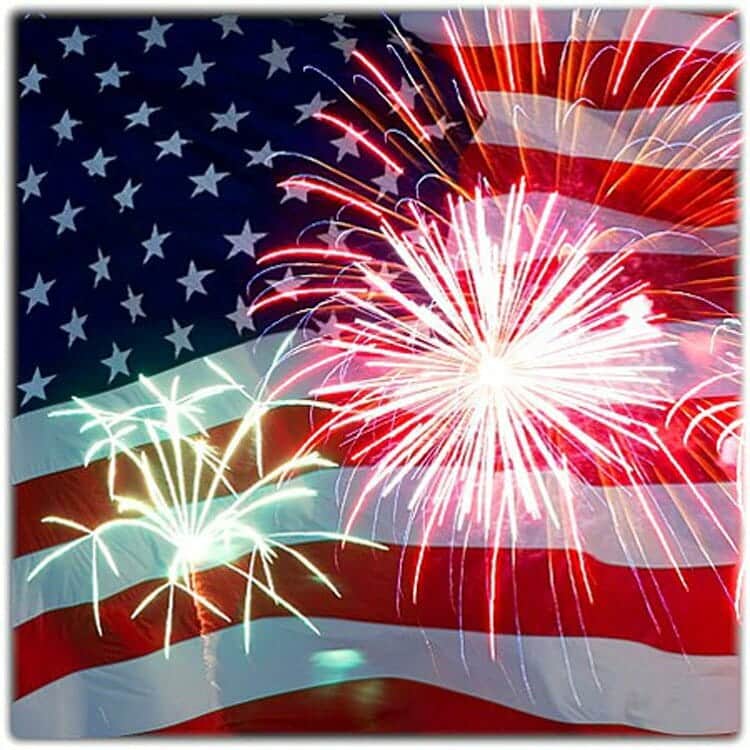
In September 1774, the first Congress of the American colonies was convened to address the refusal of King George III and the British Parliament to grant to the American colonists their rights as British citizens. At this Congress and the one that followed, no talk of separation from Britain was entertained. The question was one of how to secure the rights that were theirs under English law.
A Second Continental Congress assembled in May 1775. This Congress made provision for a temporary general government, an army, and appointed George Washington as commander-in-chief of the army. Still, they did not seek separation from England, but only to secure their rights as British citizens. With rising tensions, King George sent German mercenary troops to the colonies to silence the voices of dissent.
In June of 1776 at another Congress of the colonies, Richard Henry Lee of Virginia offered a resolution that all allegiance of the colonies to British government be terminated. The proposition was entertained by the Congress, and a committee consisting of Thomas Jefferson, John Adams, Benjamin Franklin, Roger Sherman, and Robert R. Livingston was established. The draft of the Declaration of Independence was composed by Jefferson, and after a few verbal alterations by Benjamin Franklin and John Adams, was submitted to Congress on the twenty-eighth day of June. On July first, Congress took up the draft, and after several amendments were made, nine colonies voted for independence. Maryland and Pennsylvania refused to accept the draft, but after conventions of the people were called, majorities were received in favor of the Declaration, and the thirteen colonies were declared free and independent of the government of Britain. On July 4, only the president of the Congress, John Hancock, signed the Declaration of Independence, and with his name alone initially was sent forth to the world. Nearly one month later, on August 2, it was signed by the remaining fifty-six signers, with the exception of one representative. The final signer was Matthew Thornton who took his seat in the Congress in November and asked for the privilege of signing it.
Special attention should be given to the influence of Christians upon the rise of America as an independent nation. It is not possible to fully develop this influence in the space allotted for this article. However, it may briefly be mentioned that the president of the Congress, John Hancock, was the grandson and son of Christian ministers. All except two or three of the signers of the Declaration of Independence were part of Christian churches. Perhaps the following quotations will demonstrate the Christian influence behind the American Revolution.
Benjamin Franklin:
History will also afford frequent opportunities of showing the necessity of a public religion ... and the excellency of the Christian religion above all others, ancient and modern.[1]
John Hancock:
Sensible of the importance of Christian piety and virtue to the order and happiness of a state, I cannot but earnestly commend to you every measure for their support and encouragement. ... [T] he very existence of the republics ... depend much upon the public institutions of religion.[2]
John Quincy Adams, son of John Adams and sixth president:
The highest glory of the American Revolution was this: it connected, in one indissoluble bond, the principles of civil government with the principles of Christianity. From the day of the Declaration ... they (the American people) were bound by the laws of God, which they all, and by the laws of the Gospel, which they nearly all, acknowledged as the rules of their conduct.[3]
America deserves to know its true heritage.
Please contribute today!
Welcome to Christian Heritage Fellowship. Our site exists for the purpose of supporting the spiritual and practical life and thought of Christians and their leaders in reclaiming, advocating, and celebrating America's Christian Heritage. Suggestions for Christian observances may be accessed through the gallery of images above or at our "Christian Living" page. To contact us or learn more about us, please click our "About Us" page.
In the column to the right, some of the subjects which are of greatest concern to us at Christian Heritage Fellowship are categorized under the "Article Listings" section. It should be noted that not all of our articles are classified here.
Below are listed seasonal articles of interest to believers who understand that living for Christ is a continual, not occasional, privilege. These articles are designed to elevate Christians' appreciation for their faith and deepen their love for the Lord Jesus Christ.
Not since the end of the American Revolution when so many pastors and lay church leaders had given their lives to birth America have Christians in this nation been under such withering and persistent attack. Christian Heritage Fellowship exists for the purpose of identifying and celebrating the glorious heritage of the Christian Church in America and around the world.
[1] Barton, Original Intent, 168-69.
[2] Barton, Original Intent, 177.
[3] From July 4, 1821.

